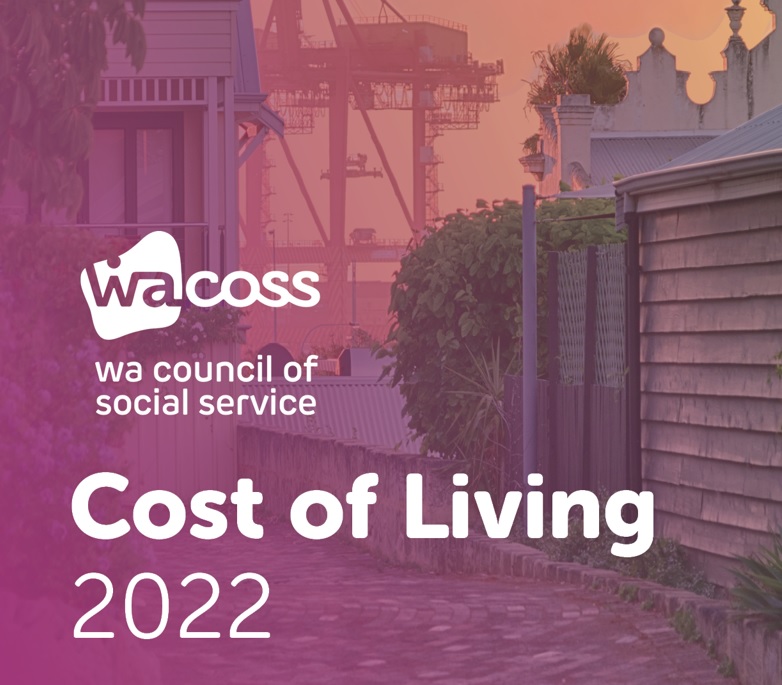There is no question that 2022 has been a difficult year for many. The past two WACOSS Cost of Living reports demonstrated what was possible when people were provided enough income so they could not only meet their basic needs, but potentially be in a position where they were able to thrive. 2022, however, presents a very different picture.
Though the COVID pandemic continues, the supports that had been provided by the Commonwealth and State governments have cessed. The lack of available rental properties across Western Australia has seen rents continue to skyrocket, with outdated tenancy legislation leaving renters disempowered and subject to the whims of landlords and real estate agents. In May 2022, the Reserve Bank of Australia increased interest rates for the first time in eleven years and they have continued to rise since. War in Ukraine resulted in ballooning petrol prices domestically, which hit many car-dependent households hard. This, combined with floods in the Eastern States, and corporate profiteering, also meant that the costs of food and groceries, as well as many other household items, soared.
The WACOSS household modelling for the 2021/22 financial year reveals the pressures that these factors are having on low income households in our state. Each of the modelled household types saw a deterioration in their financial position, with the single parent family and renting age pensioner pushed to the edge, and the unemployed single past the point where their income is sufficient to cover their basic living costs.
Despite Western Australia’s strong economic position and high performing job market, the combination of minimal or stagnant wage growth and persistently insufficient Commonwealth income support, has meant that many households are struggling to cover the cost of basic necessities. It is hoped that the recently passed amendments to the Fair Work Act that make critical improvements to the bargaining power of workers will result in wages increasing, but there are no current commitments to meaningfully increase the rate of JobSeeker and associated payments.
The WA Government has taken necessary actions to keep the household fees and charges set by government at or below CPI. With indexation at such high levels, however, and many of the most substantial costs borne by households not set directly by government, more support will be needed for Western Australian households to be able to meet their living costs at this time.
Authored by WACOSS Senior Policy Officer, Graham Hansen.




